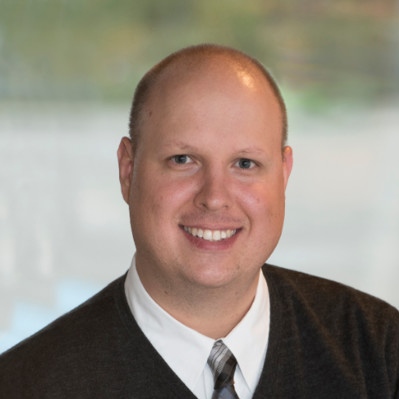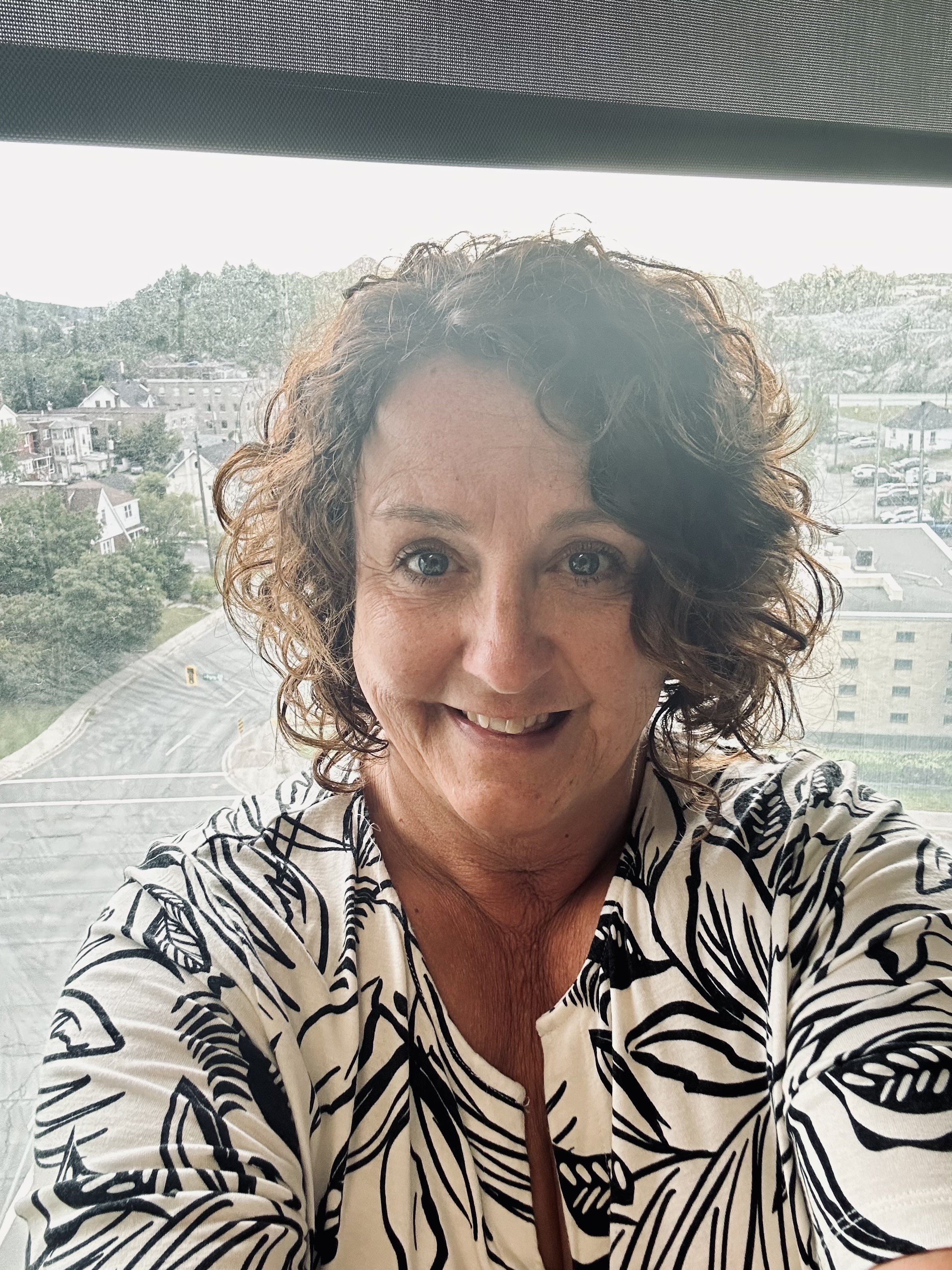An Interview with Gail Spencer
An Interview with Gail Spencer
By: Rob Kirsic
January 2025
Gail Spencer, Manager of Housing Stability and Homelessness for the City of Greater Sudbury, demonstrates exceptional leadership qualities in integrating human services. Gail has worked with the City’s Social Services Division for over 30 years, starting at the frontline as a General welfare fieldworker and moving upward to the development and management of dynamic homelessness team.
Over the past 16 years, Gail has spearheaded community and provincial initiatives, developing a roadmap for a responsive, integrated human service system for the unhoused population and programs aiming to end homelessness.
Gail has established and supports committees such as the Reaching Home Community Advisory Board and Housing First Steering Committee to enhance and coordinate funding for direct client support, improve referral pathways, and reduce duplication for individuals experiencing homelessness, severe mental health issues, and addiction concerns.
She is also one of the recipients of the 2024 OMSSA Patti Moore Human Services Integration Award. OMSSA sat down with Gail for an interview to discuss her career and thoughts on human services in Ontario.
This interview has been edited.
OMSSA: Human services integration can be a challenge but also offer opportunities for better service delivery and collaboration. In your experience, what should up-and-coming human services leaders across Ontario know and think about when it comes to human service integration and delivery?

For example, we need to understand the impact of the suspension of an Ontario Works benefit on a pay direct to a landlord, how employment income affects eligibility for programs, and the challenges vulnerable families face to getting all their documentation in place. There are huge benefits to understanding each other’s system and supporting our clients to navigate through it. It is not the community member’s responsibility to know and understand all the legislation that we work under, it is our responsibility to deliver services that ensures the best outcome for the client.
What would I tell new human services leaders? Ask questions! Really listen to each other. Create respectful, trusting relationships. Truly understand the challenges that each sector is facing and always seek to find ways to work better together. We all have a piece of the puzzle when it comes to creating healthy communities.
OMSSA: As a leader, and based on your experience, what can human service leaders and front-line staff do to embrace innovation and out-of-the-box thinking for their teams and clients?
GS: Always look for the 'grey' areas in legislation, where we have flexibility to move. Seek out the champions in other sectors who think like you do. Find common ground where you are working towards the same goal. Of utmost importance is listening to the people that use our services. They can really provide a perspective that we don’t always see as the service provider. Don’t ever let the work come between you and your compassion, kindness and willingness to kelp others.
OMSSA: Let’s talk about supportive housing for a moment – you’ve led a pilot program in collaboration with Health Sciences North to offer transitional housing with comprehensive clinical and peer support to those on the By-Name List – how did you successfully engage health officials in your community to support this work and what can members do in similar situations but there’s a lack of support in their community?
GS: Our relationship with Health Sciences North and our healthcare sector was really strengthened during the COVID pandemic where we both had a priority to protect our homeless population during a global pandemic. We did this by providing Personal Protective Equipment through community housing, shelters and outreach, providing vaccination clinics and information sessions, and setting up a Supportive Isolation Centre for unhoused individuals who tested positive for COVID.
During this experience we recognized the complex needs of our unhoused population that were high users our both of our emergency services, and started to plan together for a supportive housing option that provided chronically homeless individuals direct access to addiction medicine, psychiatry and primary care. The involvement of Health Sciences North in the business case helped City Council approve Municipal funding while seeking Provincial operating funds.
The delivery of this program over the past two years has increased the interactions and understanding between the housing and healthcare sector. For other communities I would recommend starting the conversation with the hospital emergency department and finding synergies in reducing the hospital admissions through supportive housing.
OMSSA: Looking back on your career to date, are there one or two achievements that stand out to you? What are they and what makes them stand out to you?
GS: The first is getting through the COVID pandemic. It was a time when human service leaders really had to step up and go over and above to ensure the health and safety of homeless individuals in a global emergency that had left people lost and vulnerable.

The second achievement is helping to develop a team of client navigators within the Social Services Division. This team of staff work everyday out in the community meeting with people who are homeless or at risk of homelessness, helping them to navigate the complex network of services they need for housing stability.
The team creates in person relationships with outreach and Indigenous teams, emergency shelters, drop ins and community housing buildings. They work from a person centred, housing focused and trauma informed approach and have achieved many positive outcomes within our homelessness sector.
OMSSA: Thank you, Gail.
About the Author

Rob Kirsic is the Communications and Member Engagement Manager with OMSSA. Rob started with OMSSA in 2021 and has over 15 years of communications and public relations experience in the private, public, and not-for-profit sectors.
Blog categories: Interview, Leadership, Human Services, Human Services Delivery, Ontario Works, Housing, Homelessness, COVID-19, City of Greater Sudbury
